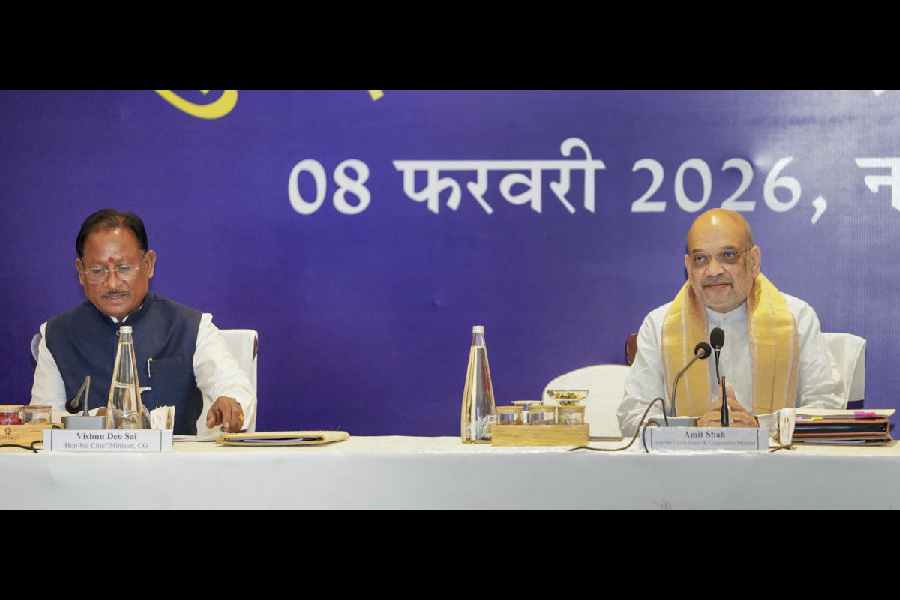The changes to the Gift Tax Act could cause complications
The next time you decide to gift a necklace or even share certificates worth over Rs 50,000 to a friend, you may want to think again. For, with effect from October 1, under the new provisions of Section 56 of the Income Tax Act any individual receiving such a gift will have to pay tax on it.
Earlier, an individual only paid tax if he received over Rs 50,000 in cash, cheque or by demand draft from a non-relative in a single year. Thus, any gift-in-kind was exempt from tax.
But with effect from October 1, the government has amended the provisions to include such cash gifts as well as a list of prescribed gifts-in-kind. This list includes “immovable property being land or building or both, shares and securities, jewellery, archaeological collections, drawings, paintings, sculptures or any work of art”.
Thus, after October 1, 2009, any person receiving a gift of any such property must pay the income tax due on the value of the gift and disclose the taxable value of such property in his or her tax return for the year.
Neeru Ahuja, partner, Deloitte Touche Tohmatsu India, says that while the new provision “will help in the government’s efforts to curtail black money, it adds an unnecessary tax burden on the receiver”.
What’s more, tax and investment consultant Subhash Lakhotia warns that the new provisions would have “wider implications”. That’s because of the problem in the valuation of such gifts.
Now let’s get one thing clear. Relatives can give a gift of any sum at any time, and it is not subject to tax. Under the law, a relative includes “a spouse, brother or sister, brother or sister of the spouse, brother or sister of either of the parents, any lineal ascendant or descendant, and spouse of any of the relatives”. It excludes cousins and nieces and nephews.
The new provisions thus relate to gifts from non-relatives. And gifts from them are only exempt from tax if they’re received on the recipient’s marriage, or under a will or by inheritance.
But the new provisions could affect individuals in real estate transactions, warns Lakhotia, as the value of such property will be determined by the government.
Suppose you purchase a property for Rs 10 lakh. But the government registrar determines it as Rs 16 lakh. In such a case, says Lakhotia, the buyer will have to pay tax on the difference of Rs 6 lakh. The seller too will have to pay capital gains tax on Rs 16 lakh, instead of on the Rs 10 lakh that he received as the sale amount.
“The new provisions could have great repercussions on real estate transactions and cause problems for genuine buyers,” says Lakhotia.
Problems of valuation could also arise if the property transaction is spread over years and a difference arises in the property’s value between the initial deal and final payment. The valuation of other items could also pose a problem. As Ahuja says, “Art work is often difficult to value.”
And yes, a taxpayer can find loopholes too. He only has to look at the prescribed list of gifts-in-kind. For instance, while the list includes jewellery, it does not talk about gold bars. Or even cars or electronic items.










